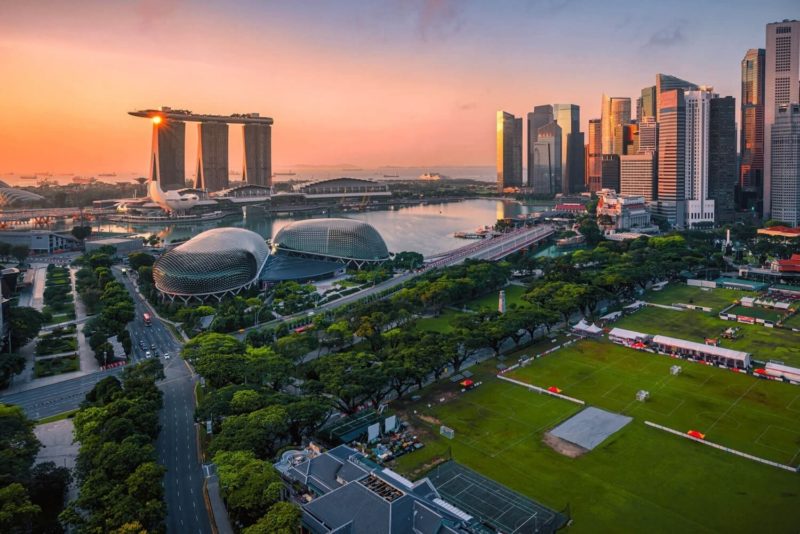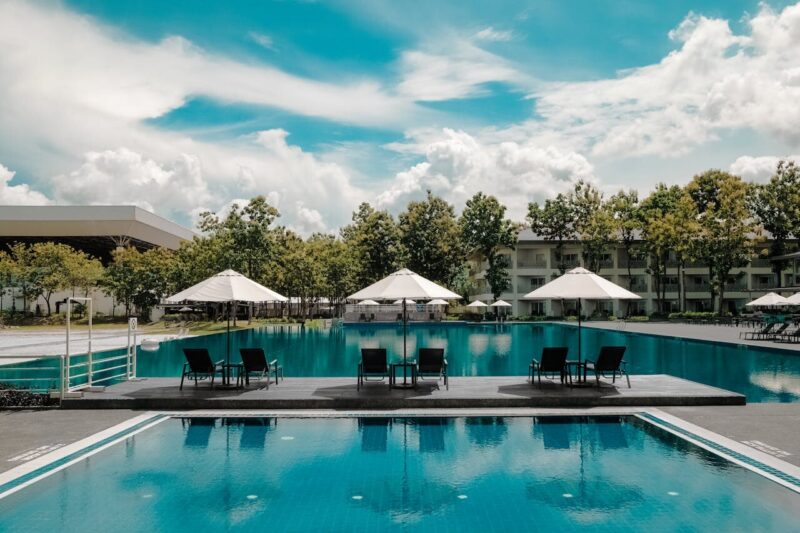Expanding into a new country brings with it many challenges. As well as getting to know the ins and outs of the market, firms have to recruit staff, source offices and develop new partnerships. For this reason, business expansion plans need to be carefully considered.
One location that has been attracting a lot of attention recently is Dubai. Throughout the economic downturn the emirate, alongside the UAE, has continued to fare well. According to the World Bank, the UAE is the 23rd easiest place in the world to do business, while it ranked first for paying taxes and fourth for cross-border trading.
These impressive figures give an indication of the potential of Dubai, but what other reasons are there for existing in the emirate?
Expo 2020
The emirate is seen as an excellent location for business after it was recently awarded Expo 2020, a prestigious six-month fair that is expected to attract 25 million visitors. In preparation for this event, a series of infrastructure projects will be completed to ensure the location can handle the increased visitor numbers. It has three core themes – sustainability, mobility and opportunity – which have been identified as key drivers of global development and are designed to help ensure Dubai benefits from an impressive legacy after Expo 2020 is over. According to the organisers, it is a "unique platform for the global community to come together and explore creative and pioneering solutions the three sub-themes".
Growth of Arabic websites
Despite the fact Arabic is the fifth most spoken language in the world, speakers have always been hugely underrepresented in terms of the number of websites published in their native language. According to the Common Sense Advisory, 72.1 per cent spend most or all of their time on websites in their native language and 52.4 per cent only buy from websites in their own language. However, the lack of Arabic websites is set to be addressed with the launch of a new range of generic domain names. It means brands and companies can own suffixes up to 63 characters in length that end in the arabic for .com and it is a tremendous opportunity for businesses looking to develop a local audience by producing content that is written in their native language.
Market access
A leading regional trade hub, the Dubai government revealed the emirate boasts more than $17 billion (£10 billion) in domestic imports annually, while it is also a gateway to $150 billion and a two billion population. Imports have more than doubled since 1989, while regional economic growth and liberalisation is set to boost demand further. As well as being served by more than 170 shipping lines and 120 airlines, Dubai is also an open market, which means there are no exchange controls, quotas or trade barriers. It is also strategically located at the heart of one of the world's richest regions and Dubai's rulers have deliberately sought to develop an environment that is "well ordered without being unduly restrictive". All of these factors demonstrate how there are massive opportunities for expansion in the emirate.
Special investment incentives
In an effort to encourage businesses to locate in Dubai, the emirate launched the Jebel Ali Free Zone and the Airport Free Zone. As well as offering all of the region-specific advantages available elsewhere in the emirate, there are a number of additional positives. For example, 100 per cent foreign ownership and control is allowed in these zones, whereas in all other parts of the region a local UAE national will have to act as your partner. There is also a renewable 15-year guarantee of no taxation, no customs duties, flexible investment options and full administrative and recruitment support. Because there are no corporate or income taxes to be paid, firms will face lower start-up costs than in many other regions of the globe.



